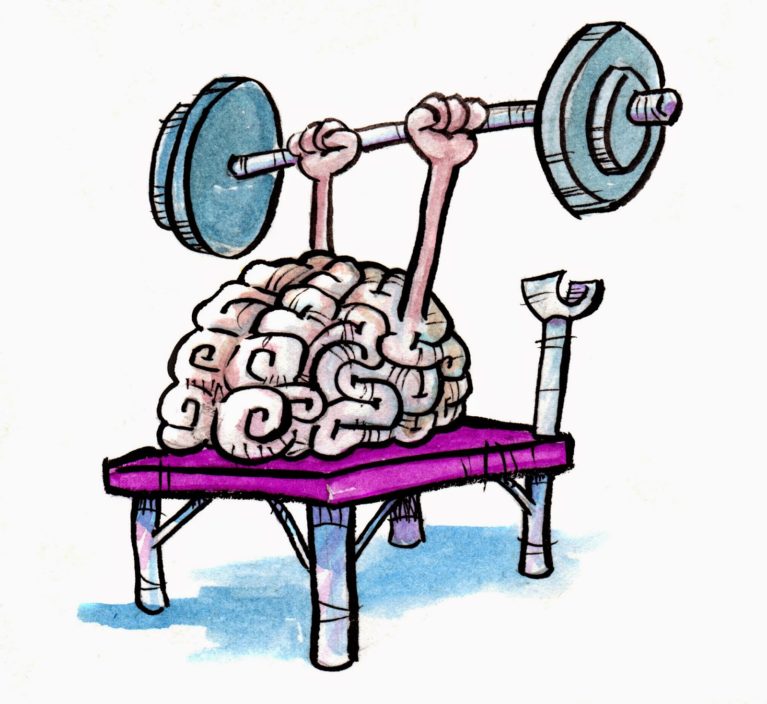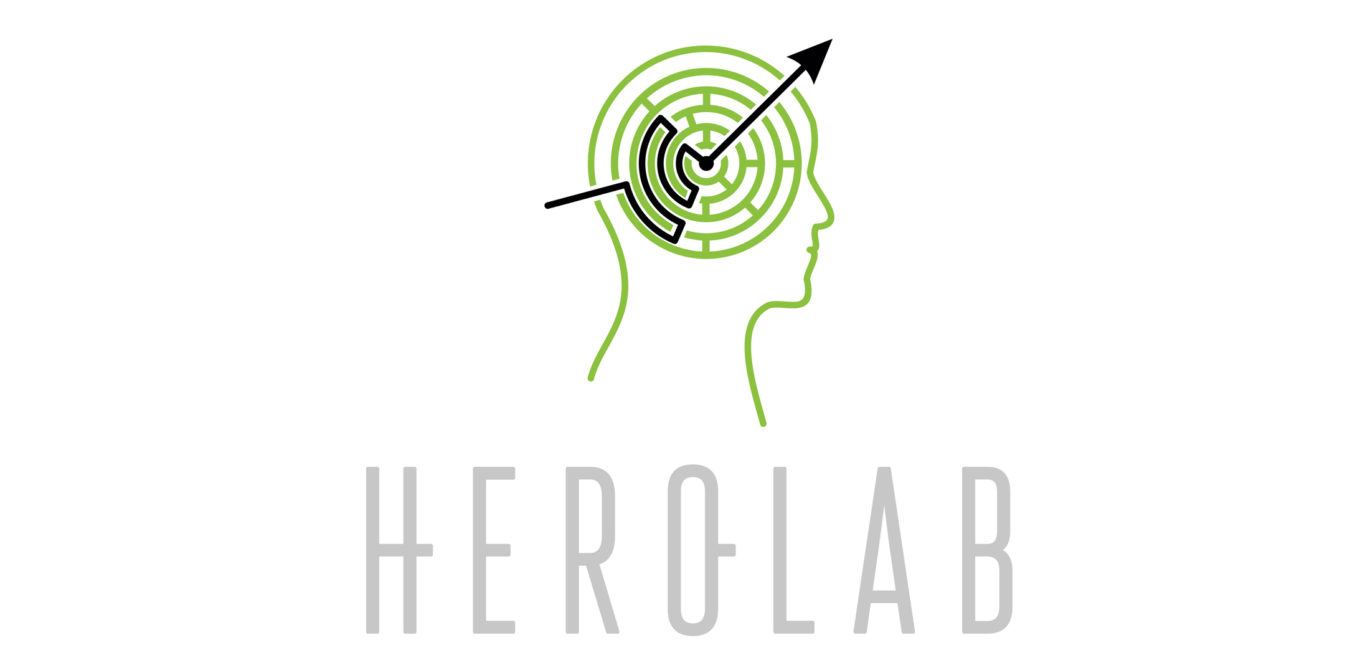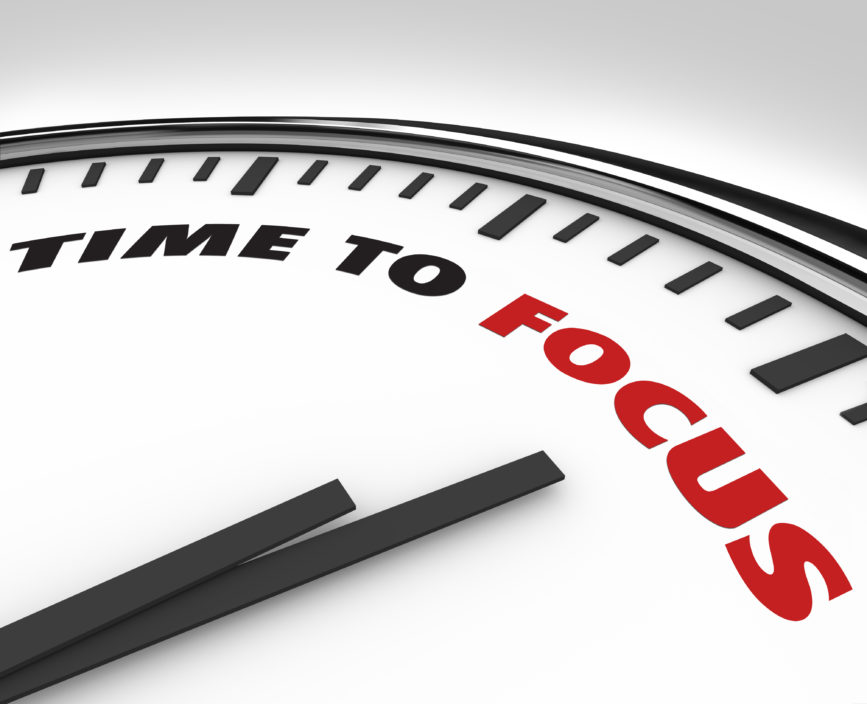Are you in control of what’s on your mind at any given time? Most of us think we should answer yes to this question but secretly worry that it’s our thoughts and ideas that have control of our mind, and not the other way around.
The good news for you is that this is normal and you are not alone. Normal, but unfortunately, not very effective.
So the important question becomes can you develop the ability to control what is on your mind at any given moment? Anyone who cares about performance has confronted the question and some have taken steps towards quieting unwanted mental noise.
Meditation, mindfulness, breath counting, smelling salts, and even pinching one’s self are just a few of the techniques that are in common practice. Some of these can be effective, but none of them ultimately “cure” the runaway mind.
By now you know that we are talking about controlling your mental focus. When we say “What is on your mind?”, we mean “What are you focused on?”.
It turns out that willfully controlling your focus is simply not always possible. It also turns out that thoughtful effort to control your focus when the chips are down…doesn’t work very good! Ironically, focusing on controlling your focus is inevitably not effective while performing tasks.
A glimpse of the neurological processes involved in deciding “what is on your mind” can be very helpful when it comes to making a plan to take charge of your focus. Your brain has a very sophisticated method for determining which signals from the outside world are routed to your conscious awareness (or mind) and which are simply responded to by neurological reflexes without your conscious awareness. When you are in “The Zone” and performing at your peak, this is exactly what happens. You are aware of what you are aware of, but you are not consciously controlling it. Strange…but true. Understanding this can give you a powerful insight into what is going on when you work to develop your mental performance.
Training your brain to “steer” your focus to the ideal subject matter is a big part of mental skills training. How you focus (look, see, think, feel) is as important as what you focus on, or your “Focal Targets” as we like to call them. Both your focal mode selection and your focal target selection must be habitualized so that you can simply “let it happen” at GO TIME!
It is important to realize that the control of your focus must be a well ingrained habit if you are to control “what’s on your mind” effectively when the chips are down.
Do you have a plan for training your focus?



Chrinstine
I couldn’t resist commenting. Well written!